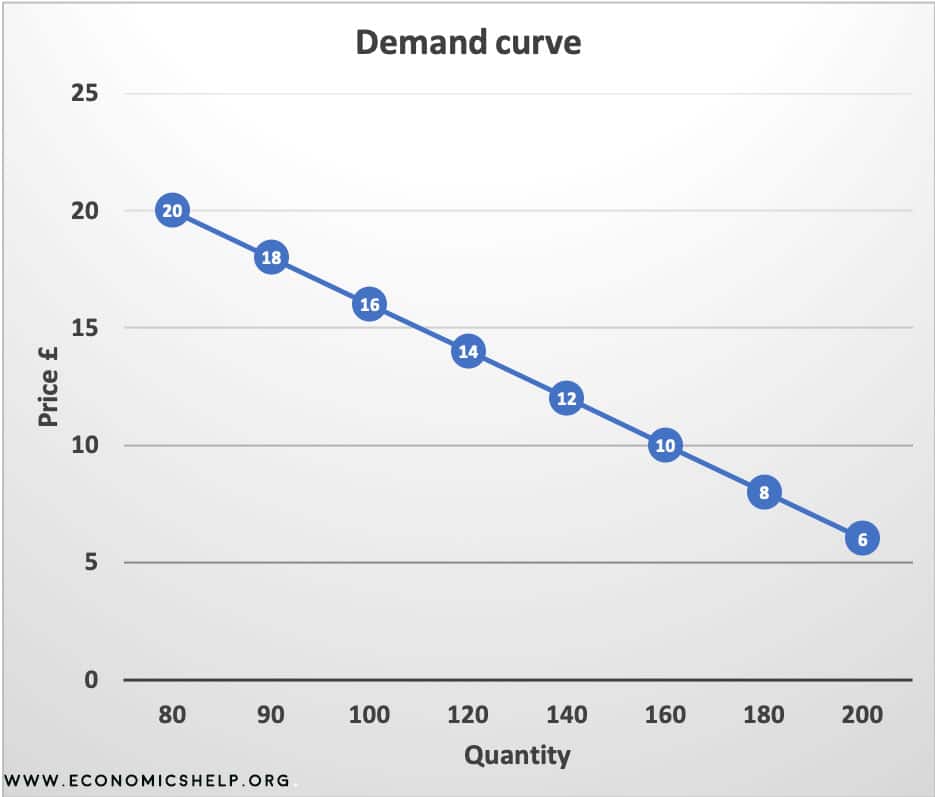Readers Question: Is the economic demand for a particular product determined solely by its usefulness?
Traditional economic theory suggests we buy goods depending on whether we feel it gives a utility sufficiently high to justify the price. As the price rises, we tend to buy less.
Last week, I wrote about my experience of buying an iPad. For me, it proved to be not very useful. It is an example of consumers failing to evaluate correctly the usefulness of the product before buying it. Perhaps I was swayed by a certain media hype. I assumed that if everybody seemed to think it great, it must be good for me. The problem here is, that before you buy and use something, you may have poor information about how much utility it will have for you. It is an example of an information asymmetry.
Factors other than usefulness
Diagram for Veblen Good
Veblen goods contradict the basic law of demand.
There are also classes of good, where demand may be based on factors other than usefulness. For example, there is the example of veblen (or snob) goods. Here it is argued the demand for a product may rise if the price rises. The argument is that some people place a higher value on goods if they are more expensive. Therefore, we don’t buy the latest modern art because it is useful, but, because we value the social status that comes from owning it. It is the same perhaps with designer labels. Why spend £200 on a Dolce & Gabbana handbag when you can get one for £20 at Marks & Spencers which does just as good a job?
Define Usefulness
It also depends on how we define usefulness. From one perspective anything decorative like art has no function essential to life. But, we can say it is useful in improving our living standards because we get joy from having beautiful art (or at least from having ‘art’) I can’t say all modern art is beautiful.
Even with Veblen goods, people may say it is useful for their social standing to impress the Jones’ with their unique Damien Hurst sheep in Formaldehyde dip or whatever. There are many motives for influencing demand.
Other things to consider
- Do we buy things out of habit, rather than due to any need?
- Do we buy things we don’t need because of good marketing?
Related


Nice information Demand and Usefulness to a Consumer